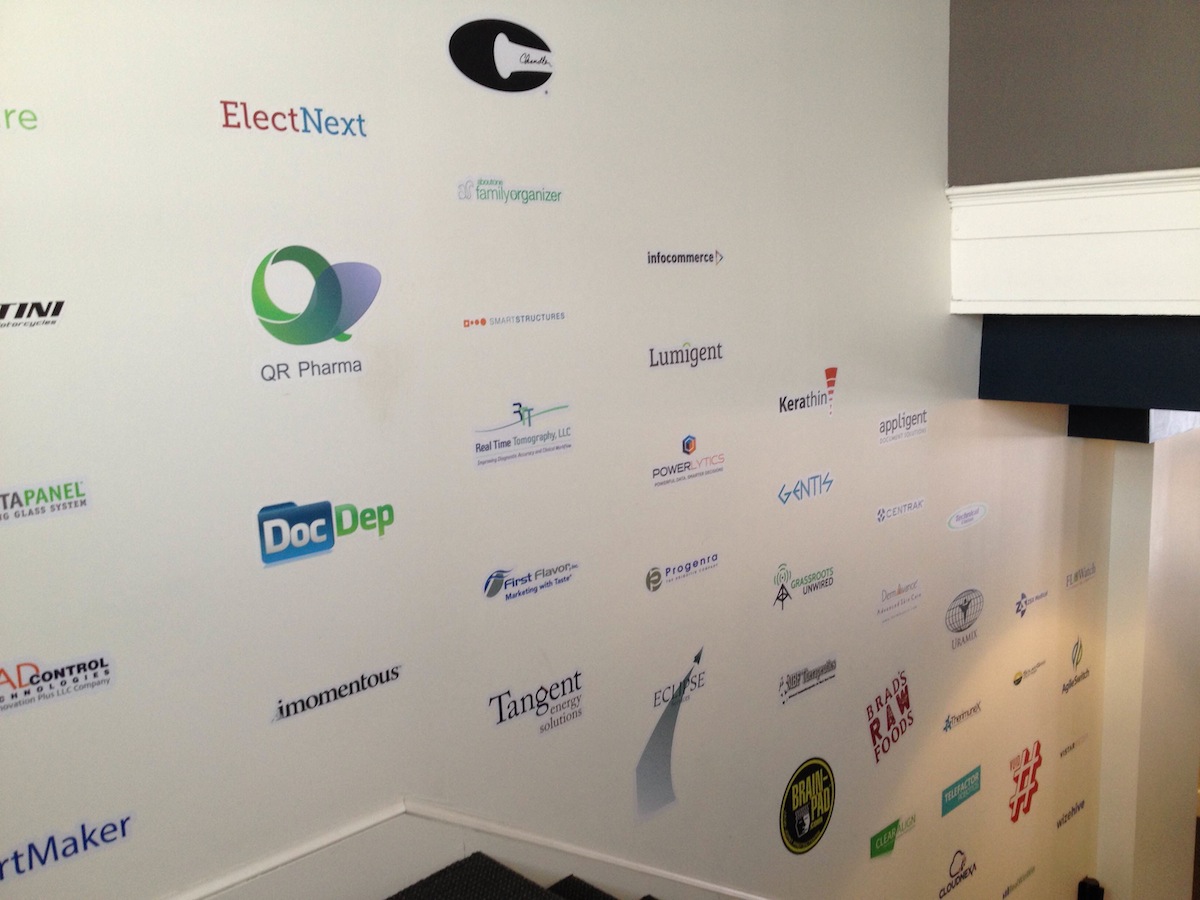Ben Franklin Technology Partners of Southeastern Pennsylvania is expanding its horizons.
The region’s state-backed investment firm, based at the Navy Yard, says it is diversifying the types of deals it makes: it’s going earlier and smaller, but it’s also upping its maximum investment size, said spokesman Jason Bannon. BFTP’s average investment size has historically been between $100,000 and $250,000, but it’s considering more smaller, earlier ones ($50,000 or less).
The market's changed and we're adapting.
At the same time, BFTP has increased the total amount of capital it will commit to a company over the course of the company’s relationship with BFTP: now it’ll invest up to $1 million over time, whereas before, the cap was $750,000. (Remember that BFTP invests in not just software startups, but life sciences startups too, which traditionally require more capital.)
What’s driving the changes?
“The market’s changed and we’re adapting,” Bannon said. “We want to make sure that we help a company get what they need.”
BFTP has always done two or three smaller ($50,000 or less) deals but it has seen more startups applying for these smaller investments in the last year, Bannon said. The firm made three of these deals in the IT sector last year and already has more than that in the works for 2015, he said.
In terms of raising the maximum investment amount, that’s because BFTP believes it’s “much more responsive to what entrepreneurs are looking for.”
CloudMine, makers of a mobile back-end platform for enterprise customers, is a good example of this. BFTP has invested a total of $340,000 in CloudMine in four separate investments, including the startup’s most recent $5 million Series A.
“The prospects seemed really strong with Safeguard [Scientifics] coming in [as lead investor],” Omar Mencin, BFTP’s investment group director, said of the most recent CloudMine round. That point references another one of BFTP’s goals: “We don’t want to be the only and final investor,” Bannon said. (All BFTP investments require a one-to-one match.)
Three of the CloudMine investments were rounds of convertible debt that have since converted into equity and one was convertible debt that was paid off, Mencin said. (When does debt convert into equity? That depends on the investment terms. Sometimes there’s an automatic conversion when the startup hits certain milestones. That’s often up to the lead investor to decide and BFTP is usually not the lead investor.)
Bottom line: “If there’s a company that starts out with us small, we want to help [that] company mature,” Bannon said. Growing companies mean added jobs mean more bang for the state’s economic development buck.
Before you go...
Please consider supporting Technical.ly to keep our independent journalism strong. Unlike most business-focused media outlets, we don’t have a paywall. Instead, we count on your personal and organizational support.
Join our growing Slack community
Join 5,000 tech professionals and entrepreneurs in our community Slack today!

The person charged in the UnitedHealthcare CEO shooting had a ton of tech connections

From rejection to innovation: How I built a tool to beat AI hiring algorithms at their own game

Where are the country’s most vibrant tech and startup communities?


